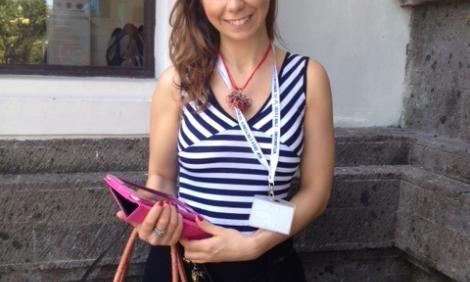
Feminist talk
Bosnia and Herzegovina: Women are vulnerable online, but also speaking up on the internet
During the last Internet Governance Forum, which took place in October in Bali, Indonesia, Analía Lavin from APCNews talked to Aida Mahmutović, from APC member Owpsee in Bosnia and Herzegovina. OWPSEE is one of the national partners of APC’s project “End violence: women’s rights and safety online”.

GISWatch 2013: Setting the agenda on women’s rights, gender and ICTs
In the 2013 Global Information Society Watch’s institutional overview entitled "Whose internet is it anyway? Shaping the internet – feminist voices in governance decision making":http://www.giswatch.org/institutional-overview/womens-rights-gender/who…, Heike…
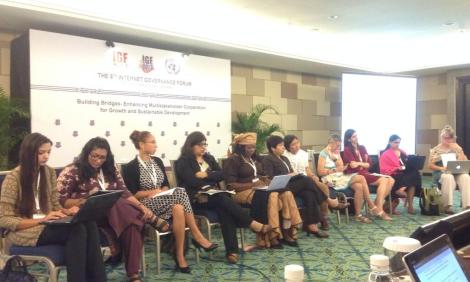
Feminist talk
Technology based violence against women research meeting and Internet Governance Forum in Bali
The technology-related violence on women research meeting took place in Bali, Indonesia from 19th to 21st October 2013. The meeting was organized by the Association for Progressive Communication (APC), as part of the “ending violence: Women’s rights and safety online” project with support from the Dutch government’s Funding Leadership and Opportunities for Women (FLOW) programme.
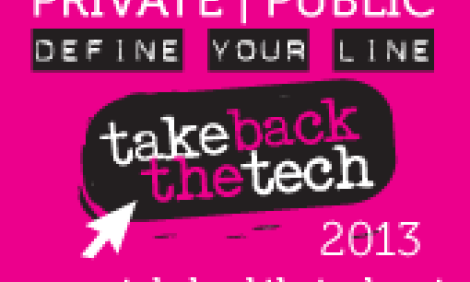
Feminist talk
Some unfortunate aspects of social media in Pakistan
With increased internet penetration in Pakistan, the youth of the country has taken enthusiastically to connecting and socializing via social media networks. It has allowed expression and surfacing of youth voices like never before. Social media platforms such as Facebook, Twitter, YouTube, Thumblr, Blogsphere etc. have offered convenient public forums for a large number of people to interact, to…
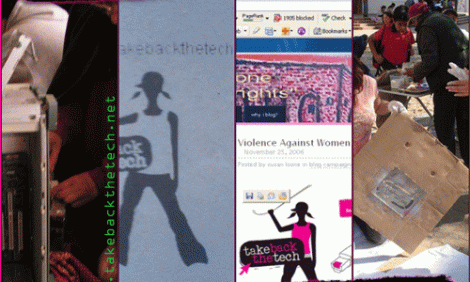
Editorial
No easy reading
Nora Quebral (2012) - who is credited with coming up with the concept of 'development communication' in the early 70s - argued recently in an account of Asian domestic workers in the Middle East, and the right-to-drive protest by women in Saudi Arabia, that any analysis of rights is necessarily deeply contextual: “A tough question to answer would be: in which [of these two societies] do women…

In depth
Korea: Women’s privacy in danger through surveillance and leaking of private information
“Digitising social welfare: Challenges of privacy” GISWatch report from Korea points out instances where women in the country have leveraged even non-political internet forums to discuss socio-political issues and to organise offline on crucial issues. However, it also highlights several government policies that expose women to privacy violations and related abuse. In particular, it points out…

In depth
Jamaican household workers use cell phones to protect their rights and improve the working conditions
Leith Dunn and Hopeton Dunn from the Institute for Gender and Development Studies Mona Unit, and Mona ICT Policy Centre, at the University of the West Indies, are the authors of the Global Information Society Watch article entitled “Women’s rights, gender and ICTs: Empowering household workers in Jamaica”. In this interview they told GenderIT.org why they chose this subject, how the sector of…
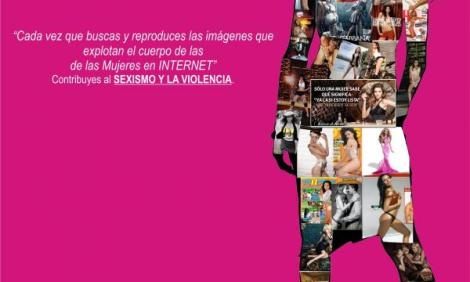
In depth
Cook Islands: Pushing for women leaders
The Global Information Society Watch Cook Islands report was released, written by Maureen Hilyard, Alexis Wolfgramm and Lynnsay Rongokea from the Pan Pacific and Southeast Asia Women’s Association. Analía Lavin interviewed Maureen Hilyard, one of the authors, on the main issues women face online, on gender equality in the political system, and on the role of the media.
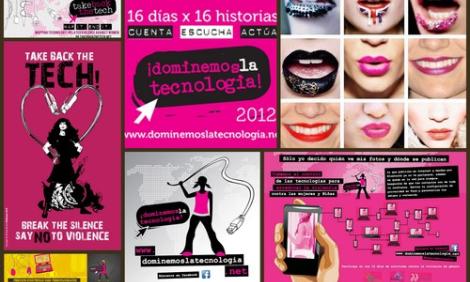
In depth
Democratizing access and use of ICTs for domestic workers in Uruguay
The Global Information Society Watch 2013 report, written by Goñi and Ana María Laura of ICTWatch (ObservaTIC), of the University of the Republic of Uruguay, is entitled "ICTs as a means for empowerment and influence: A democratising proposal for female domestic workers in Uruguay". GenderIT.org interviewed Goñi to understand how inequality in access to and ownership of ICTs affects this sector…




